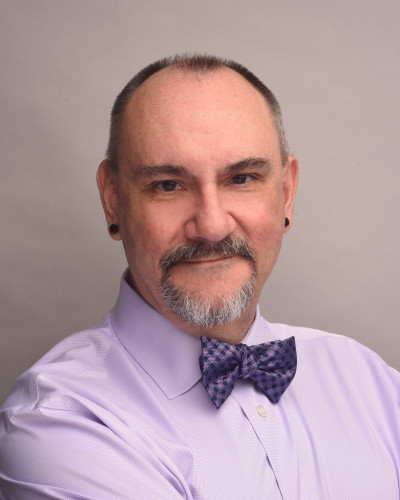As a member of the LGBTQ community, Randall understands the importance of finding a therapist with whom one can identify and feel comfortable sharing personal concerns. As a therapist at Wellness Home Behavioral Health Services, Randall takes great pride in providing a safe, non-judgmental space for clients to explore their needs.
Randall has extensive experience working with individuals struggling with identity issues and those issues arising around identity. He has supported LGBTQ adolescents and adults dealing with anxiety, depression, grief, loss, and issues related to gender and sexual identity, as well as helping those suffering from recent and past trauma.
In addition to his work with identity issues, Randall has significant experience working with individuals suffering from addiction. He believes that sobriety is different for each person and that the journey to obtain sobriety is unique, requiring various approaches and perspectives. Randall employs a wide range of treatment models to help clients find what works best for them.
Randall’s overall approach is strengths-based, utilizing various theories and techniques to help clients better understand themselves in relation to the world around them. He begins with psychoanalysis and incorporates several theoretical approaches, including Narrative Therapy, Cognitive Behavioral Therapy, and Dialectical Behavior Therapy. His practice is client-centered, working in tandem with clients to develop a treatment plan that effectively creates an emotional equilibrium, helping clients manage the ups and downs of daily life.
Randall believes in creating a strong collaboration between client and therapist to find the elements in life that help individuals feel connected and whole. He holds an undergraduate degree in archaeology and ancient history from the City University of New York, a master’s degree in Humanities from New York University, a master’s degree in Teaching Secondary Education from Northeastern Illinois University, and a master’s degree in Social Work from Loyola University of Chicago.
For Randall, finding meaning and purpose is paramount to maintaining mental health. Equally important is a clear understanding of oneself as a whole person.
